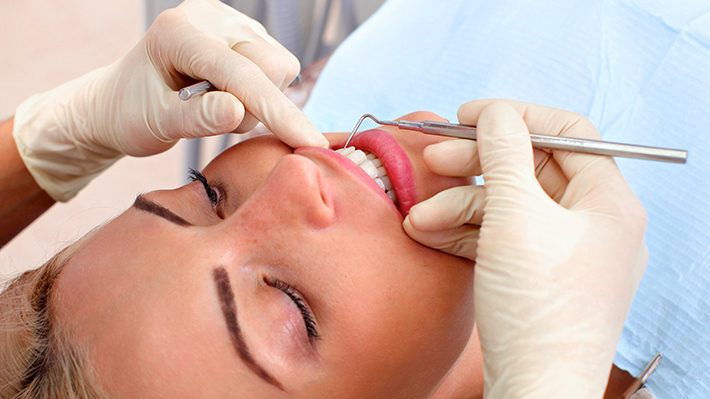
Receding Gums: Why it Happens and What You Can Do About It
Gum recession is one of those problems that is often attributed to advancing age. In fact, some experts suggest that as many as 88 percent of seniors have at least some level of recession in one or more teeth. The reality is that age is a risk factor rather than a cause for this condition, and the patients who suffer from recession do so for reasons unrelated to their age. For these patients, receding gums are often the result of poor oral hygiene, gum disease, and simple wear and tear. To prevent that gum recession, it is important to understand why it occurs and what you can do to stop it.
What is Gum Recession Anyway?
The gum tissue in your mouth is designed to cover the roots of your teeth. It acts as a barrier to prevent food and contaminants from settling between the teeth, helping to provide a layer of protection against bacterial threats. For a variety of reasons, this tissue can end up receding, leaving the roots exposed at vulnerable to infection and decay. When that recession becomes more advanced, it can cause severe pain and sensitivity, and even tooth loss. In addition, it can result in changes in appearance that leave patients feeling self-conscious and embarrassed.
Why Do Gums Recede?
There are several factors that can cause gingival recession:
- Gum tissue is determined by genetics, so some people are simply at higher risk of experiencing this recession.
- Aggressive oral hygiene. Do you brush too aggressively, or floss too much? If you’re not being gentle with your teeth, you could be damaging them and leaving sensitive gum tissue vulnerable to recession.
- Poor Oral Hygiene. A failure to brush and floss regularly can lead to periodontitis.
- Tooth grinding. If you grind your teeth, that can lead to a host of dental maladies, weaken teeth, and cause recession of the gums.
- Gum injuries. Sometimes tissue recedes as the result of traumatic injuries to the gums.
Is There Anything You Can Do to Prevent It?
As with most dental concerns, proper brushing, flossing, and dental checkups can be among the most important steps you can take to prevent gum recession. If the signs of gum recession have already started to appear, early attention is critical if more serious intervention is to be avoided. Your dentist can work with you to isolate the causes of the problem and help you take steps to address it. More serious recession may require not only alterations in hygiene habits but possibly intervention to achieve a deeper cleaning or even surgery using gum grafts.
Obviously, proper care and attention to oral hygiene can be the most effective thing you can do to protect your gums from recession. At Ebenezer Dental, we can help you to craft a strategy to better protect your sensitive gums and teeth to avoid the costs of future intervention. To learn more about how the best dentist in midtown Manhattan can help you deal with the dangers of receding gums, contact us today.

